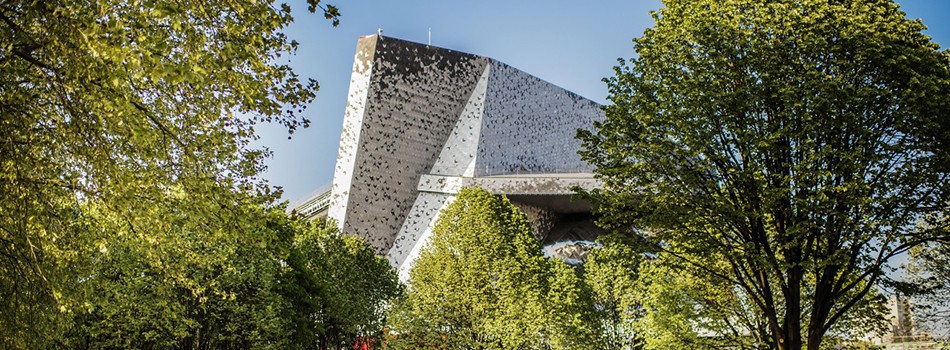By Frank Cadenhead: The short list of candidates to be the incoming GM of the Opera National de Paris has been known for a few weeks now and we expect an announcement any day. President Macron, however, has been occupied with other matters, not the least of which is the Notre Dame catastrophe of yesterday afternoon. I was at the Apple Store a few meters from the Palais Garnier opera house. It was late afternoon when I exited and I saw yellowish smoke in the sky and, walking to the Metro, saw emergency vehicles and police cars passing, sirens blaring and threading their way between rush-hour traffic. It was only when I got home that the news hit.
The Cathedral of Notre Dame is, of course, one of the iconic symbols of France and its rich heritage. We learn this morning that the exterior structure is secure but the interior has sustained damage in the range of 70%. News, just minutes old, declares that the main organ, built by Francois Thierry in the 1730s, has survived the conflagration.
Because of the French Catholic tendency to have their cathedrals reach for the sky, the vast interior spaces do not offer a comfortable acoustic setting. While concerts are a frequent feature in the Notre Dame schedule, they are very seldom important or feature major musical groups. Notes frequently tend to wander around the vast spaces and return to the stage at inappropriate times. Music in the less ambitious Protestant German churches, for example, do not have acoustical problems to that extent. The temporary absence of the cathedral from the Paris music scene will not have an important impact on the local music scene.
What will have an Impact is more delay in naming a successor to Stephane Lissner at the Paris Opera. Lissner’ mandate ends in July 2021 and the Élysée Palace announcement has been expected for a few weeks now. It is generally known that opera houses plan at least three years in advance. The Opéra is always competing with the other top companies for star singers and directors so Paris is already hurt. Serge Dorny, who leaves the transformed Opéra National de Lyon to head the Munich State Opera at the same time, was named in March of last year and certainly has his own Munich staff busy planing rep and schedules for 2021-2022 and beyond.
Names still on the list are Peter de Caluwe (La Monnaie de Bruxelles), Christophe Ghristi (Capitole de Toulouse), Alexander Neef (Opéra de Toronto), Joan Matabosch (Teatro Real in Madrid), Jean-Marie Blanchard (ex-director of the Grand théâtre de Genève), Olivier Mantei (Opéra Comique), Jean-Louis Grinda (Opéra de Monte-Carlo), Dominique Meyer (Vienna State Opera), Laurent Joyeux (Opéra de Dijon) et Marc Minkowski (Opéra de Bordeaux).
The Orchestre de Paris season is filled with talented conductors, some being looked at to replace Daniel Harding when his three year term ends with this season. Women are a feature of the next season and some have noted particularly that American conductor Karina Canellakis is conducting the opening concert September 4th and 5th and one other in the season. She shares the season with Susanna Malkki, Martin Alsop, Simon Young and young Corinne Niemeyer. Male guests include Esa-Pekka Salonen, Riccardo Chailly, Christoph Eschenbach, Francois-Xavier Roth, Christoph von Dohnányi, Herbert Blomstedt and Valery Gergiev.
